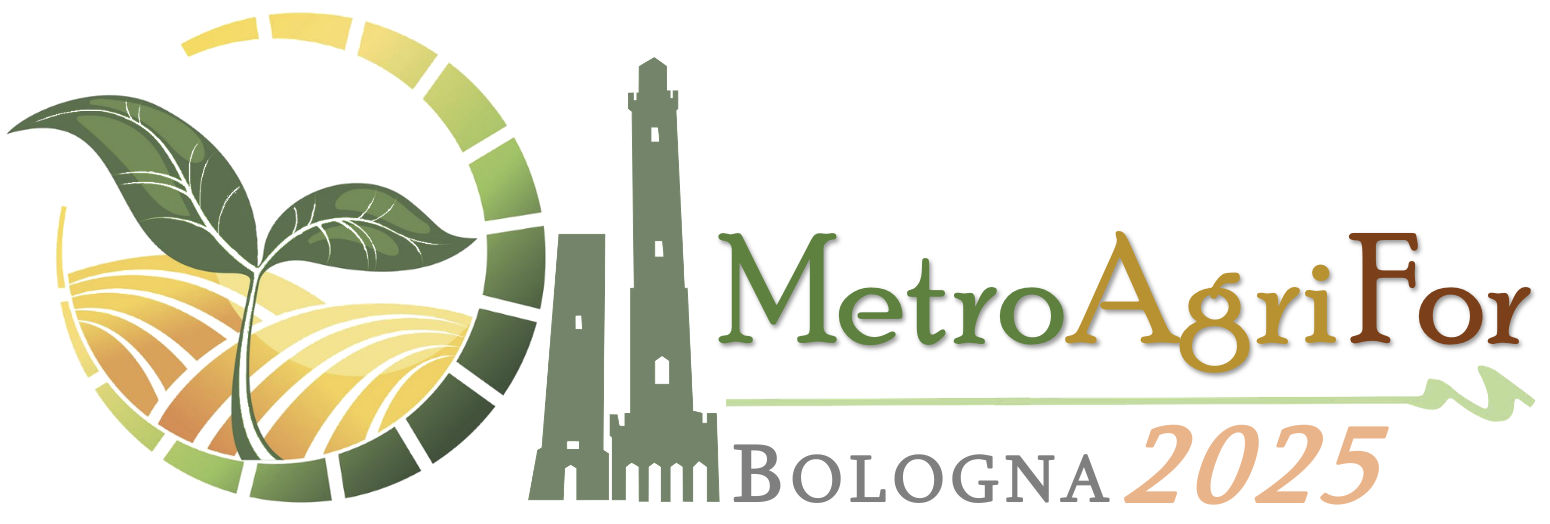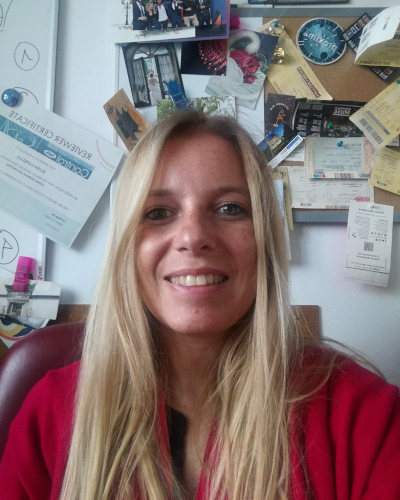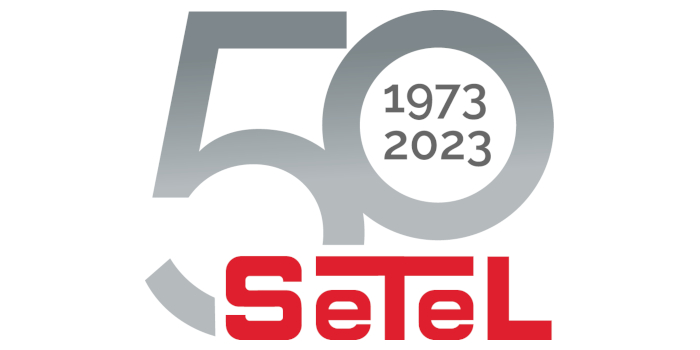SPECIAL SESSION #9
Emerging GNC Technologies for Autonomous Robotic Platforms in Disease Detection and Precision Crop Treatment
ORGANIZED BY
Elisa Capello
Polytechnic University of Turin, Italy
Mauro Mancini
Polytechnic University of Turin, Italy
ABSTRACT
The scope of the session focuses on emerging methodologies and applications in the field of autonomous robotic platforms for precision agriculture.
Particular emphasis is given to Guidance, Navigation, and Control (GNC) strategies enabling autonomous operations for early disease detection and precision treatments in crops.
Contributions addressing robotic and aerial platforms (UGVs and UAVs) specifically designed for agricultural applications are welcome. Special focus is placed on the development and testing of GNC systems capable of handling the unique challenges posed by unstructured agricultural environments, potentially affected by wind gusts or complex terrain. These challenges include mapping, localisation, path planning, obstacle avoidance, and motion control under variable and dynamic field conditions.
Studies involving advanced sensor integration with mobile robotic platforms (UAVs/UGVs), and sensor fusion techniques for enhanced environmental perception and plant health monitoring are encouraged.
Furthermore, contributions discussing autonomous intervention capabilities, such as precision spraying and localized disease treatment for selective harvesting are highly appreciated. Moreover, the implementation of multi-agent systems for the coordination of field operations is highly valued to enhance scalability in precision farming.
The aim of the session is to offer a comprehensive insight, inspired by real-world agricultural needs, into how GNC technologies, perception systems, and autonomous processes can support a more sustainable and efficient crop management.
TOPICS
Topics of interest for this Special Session include, but are not limited to:
- Guidance, Navigation, and Control (GNC) strategies for agricultural robots and UAVs;
- Mapping and localisation techniques in unstructured agricultural environments;
- Path planning and obstacle avoidance in dynamic field conditions;
- Motion control for ground and aerial platforms in agriculture;
- Sensor fusion for enhanced environmental perception and plant health monitoring;
- Advanced sensor technologies for crop monitoring integrated with mobile robotics platforms (UAVs/UGSs);
- AI and machine learning approaches for disease detection;
- Intelligent autonomous navigation;
- Precision spraying, mechanical weeding, selective harvesting, and localized treatment systems;
- Autonomous intervention strategies in agricultural robotics;
- Multi-agent systems and coordinated operations of multiple robotic platforms;
- Robustness and adaptability to environmental disturbances (e.g., wind gusts, uneven terrain) in GNC systems.
ABOUT THE ORGANIZERS
Elisa Capello, is Full Professor of Flight Mechanics at Politecnico di Torino, Department of Mechanical and Aerospace Engineering. She is Vice-Coordinator of the PhD Program in Aerospace Engineering and Delegate of the Rector for Internationalization and Innovation for Technology Transfer. She is a member of The Institute of Electrical and Electronics Engineers, Member (IEEE), Control Systems Society since 2014. She is a member of the IEEE Technical Committee in Aerospace Control since 2016. She is Associate Editor of IEEE Transactions on Aerospace and Electronic Systems and of IEEE Transactions of Control System Technology. She is involved in research activities in the following fields: design of guidance, control and navigation systems for aircraft and spacecraft, testing of unmanned aerial systems, planning and mission control for autonomous systems.
Dr. Mauro Mancini, is assistant professor at the Department of Mechanical and Aerospace Engineering (DIMEAS) of the Politecnico di Torino. He earned his master's degree in Aerospace Engineering in March 2019, presenting a thesis on guidance, navigation, and control algorithms for proximity operations in space applications. Following his graduation, he received a research grant to work on flexible aircraft, developing mathematical models using Euler-Lagrange equations. In February 2023, he completed his Ph.D. in Aerospace Engineering at DIMEAS, with a dissertation titled "Adaptive Variable Structure Control System for Attitude Spacecraft Applications,.
His research focuses on guidance, navigation, and control systems for aerospace applications, including sliding mode control, adaptive control, artificial potental fields, and observers design. He is a member of the "STREAM Robotics" research group at DIMEAS.








